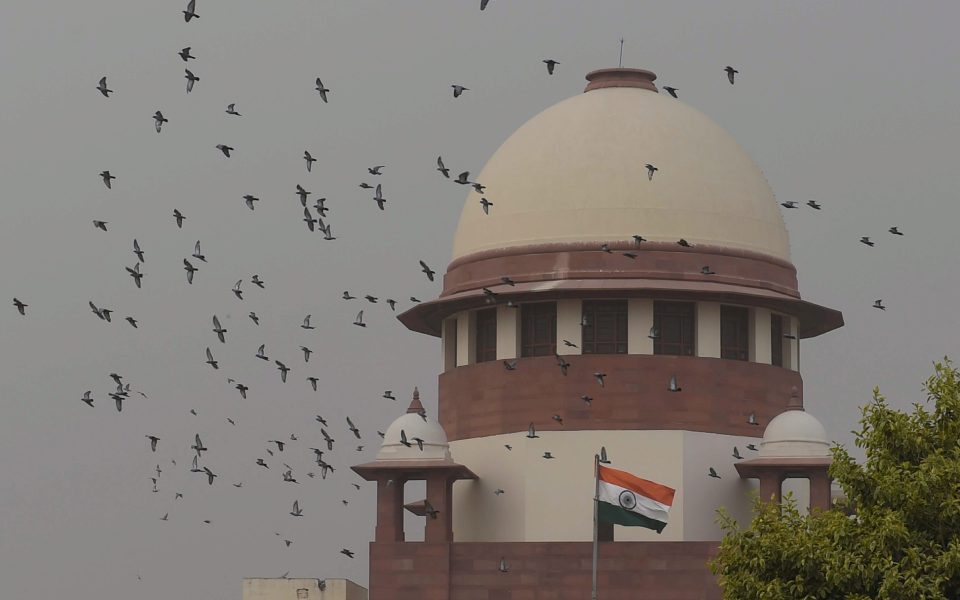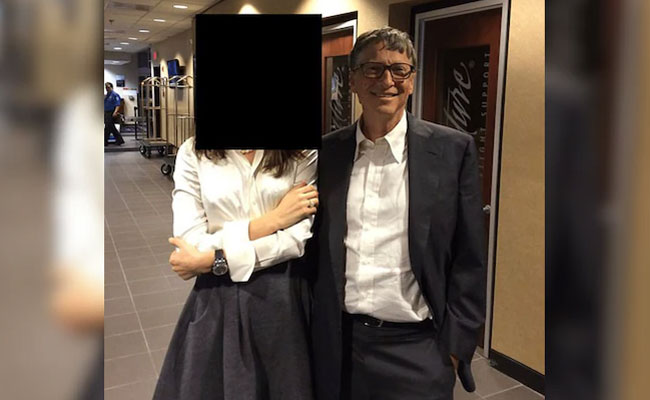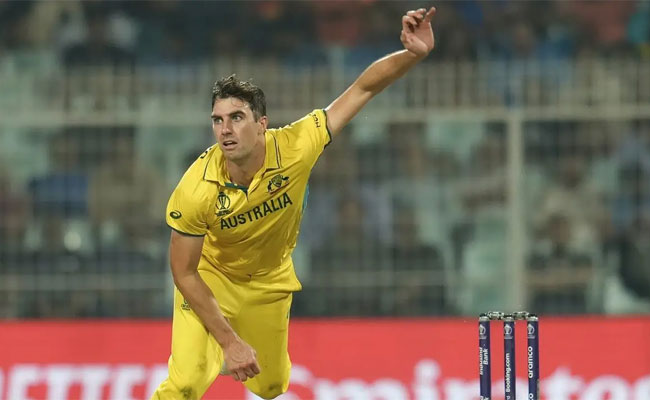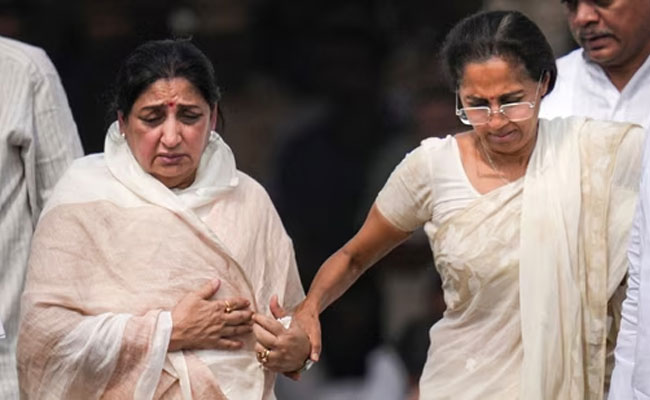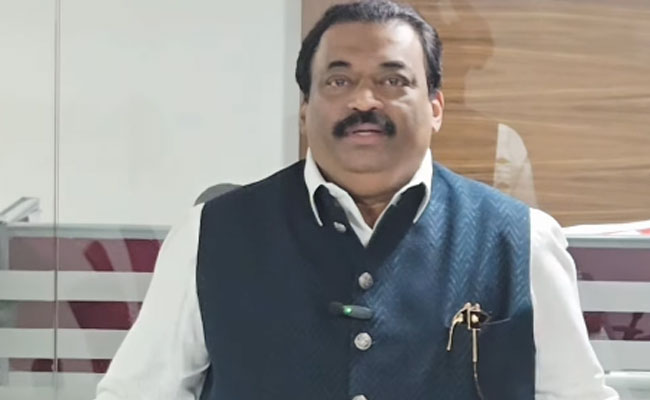New Delhi, Jan 16 (PTI): The Congress has filed an intervention application in the Supreme Court to oppose the pleas challenging the Places of Worship (Special Provisions) Act, 1991, saying they are "motivated and malicious attempt to undermine established principles of secularism".
In the application, filed through Congress General Secretary KC Venugopal, the party defended the law as a reflection of the country's secular ethos and a product of the popular mandate.
The plea emphasised that the 1991, which seeks to preserve the status quo of religious structures as they existed on August 15, 1947, was enacted with broad support during the 10th Lok Sabha when Congress and the Janata Dal party held the majority.
The party noted that the Act was part of its election manifesto in 1991, highlighting its long-standing commitment to protecting India's secular identity.
"The POWA (the Places of Worship (Special Provisions) Act) is essential to safeguard secularism in India and the present challenge appears to be a motivated and malicious attempt to undermine established principles of secularism," the plea said.
The party raised several arguments in favour of the law and sought permission of the top court to intervene in the ongoing legal challenge, asserting that its representatives were instrumental in bringing the Act into force.
"It may be relevant to mention that at the time of the passing of the POWA, it was the applicant along with the Janata Dal party that were in the majority in the legislature for the 10th Lok Sabha. The applicant humbly submits that the POWA was enacted by the Parliament , as it reflected the mandate of the Indian populace. In fact, the POWA had been envisaged prior to the year 1991 and the same was made a part of the applicant's then election manifesto for the parliamentary elections," it said.
The party countered claims that the Act violates the right to freedom of religion under Article 25 and cited the Supreme Court's Ayodhya verdict, which stated that the Act aligns with the obligations of a secular state.
The plea said that the 1991 law upholds fundamental rights under Articles 25, 26, 27, and 28, making it within Parliament's jurisdiction to enact.
"The present petition also erroneously states that the POWA is discriminatory as it is applicable only towards members of the Hindu, Sikh, Jain and Buddhist communities.
"A bare perusal of the POWA shows that it promotes equality amongst all religious groups and does not accord special treatment 4 towards specific communities as alleged by the petitioner...," it said.
It dismissed allegations of preferential treatment, pointing to Section 2(c) of the Act, which defines "place of worship" inclusively as temples, mosques, churches, gurudwaras, monasteries, or any other places of public religious worship.
Recently, a bench headed by Chief Justice Sanjiv Khanna agreed to examine a separate plea of AIMIM chief Asaduddin Owaisi seeking effective implementation of the 1991 places of worship law.
On January 6, the Akhil Bhartiya Sant Samiti, a Hindu organisation, moved the top court seeking to intervene in cases filed against the validity of provisions of the 1991 law that asks to maintain the religious character of places as it existed on August 15, 1947.
The 1991 law prohibits conversion of any place of worship and provides for the maintenance of the religious character of any place of worship as it existed on August 15, 1947.
However, the dispute relating to Ram Janmabhoomi-Babri Masjid at Ayodhya was kept out of its purview.
The bench, while acting on a batch of similar pleas against the 1991 law, restrained all courts from entertaining fresh suits and passing any interim or final orders in pending cases seeking to reclaim religious places, particularly mosques and dargahs.
It was hearing about six petitions, including the lead one filed by lawyer Ashwini Upadhyay, challenging various provisions of the law.
The lead petition, filed by BJP leader Ashwini Kumar Upadhyay in 2020, challenges the PoWA on the grounds that it is arbitrary and violates fundamental rights under Articles 14 and 25 of the Constitution.
The petitioners argue that the Act infringes on their right to practice religion by freezing the status of places of worship as they existed in 1947.
However, several parties, including the Gyanvapi Mosque Managing Committee and Maharashtra MLA Dr. Jitendra Satish Awhad, has filed intervention applications supporting the Act.
They argue that the PoWA is vital for maintaining communal harmony and ensuring religious coexistence.
The Centre is yet to file its counter-affidavit in the court in the case.
Let the Truth be known. If you read VB and like VB, please be a VB Supporter and Help us deliver the Truth to one and all.
Washington DC: fresh set of documents released as part of the Jeffrey Epstein files has triggered renewed attention after screenshots of alleged self-emails attributed to Epstein made claims involving Microsoft co-founder Bill Gates.
The screenshots, circulating online and reported by several outlets, purport to show Epstein writing to himself in July 2013, alleging that Gates had contracted a sexually transmitted disease during encounters with women described as “Russian girls” and had asked Epstein to arrange antibiotics to be given discreetly to his then wife, Melinda Gates. The documents also contain claims of personal disputes and alleged requests that Epstein delete certain emails.
The authenticity of the screenshots has not been independently verified. The allegations contained in them remain unsubstantiated and are disputed by context and prior public statements from Gates. There is no confirmation from official records that the claims are factual.
According to reports, the screenshots are part of a larger tranche of documents released by the United States Department of Justice, comprising hundreds of thousands of pages related to Epstein. Epstein, a convicted sex offender, died in a New York jail in 2019 while awaiting trial on federal sex trafficking charges.
The alleged email text includes Epstein expressing anger over Gates distancing himself from their relationship and claiming involvement in matters he described as morally or ethically inappropriate. The documents also reference marital tensions between Bill and Melinda Gates, though no independent evidence is provided to support the claims.
Bill Gates has previously acknowledged meeting Epstein and has said he regretted the association, while repeatedly denying any involvement in illegal or unethical activities. His philanthropic foundation has issued a strong denial in response to the latest claims, calling the allegations absurd and completely false.
Bill and Melinda Gates were married from 1994 until their divorce in 2021. Melinda Gates has publicly stated that Gates’s extramarital relationships and his association with Epstein were among the factors that led to the end of their marriage, without detailing specific allegations.
As with earlier Epstein-related disclosures, legal experts and media analysts have urged caution, noting that the presence of a name in released documents does not establish wrongdoing and that many claims in the material remain unproven.

